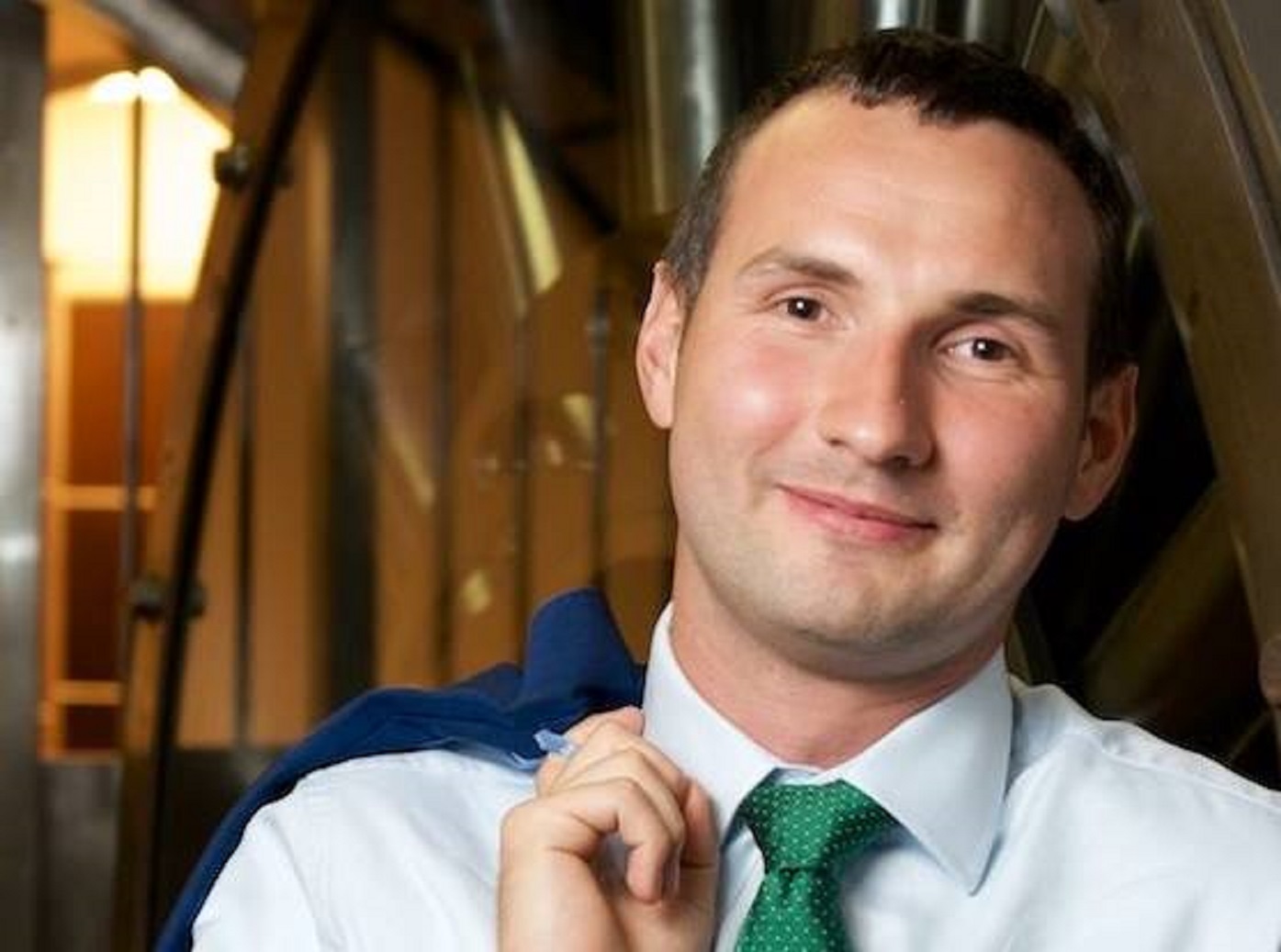Viktor Zeisel
Viktor Zeisel
|
Viktor Zeisel was born in Prague and he finished his studies at the IES in 2011. He currently works at Komerční banka as an Economist, and he has been devoted to banking since the time of his studies. Viktor started his career at the department of the Investor relations at ČSOB where he worked during his bachelor studies. Then he spent a year abroad, at the University of Constance in Germany, partially thanks to the program Erasmus and partially thanks to the joint scholarship of Uof C, German-Czech company in Constance and the town Constance. When choosing the master program, Victor decided to study the IES/CERGE-EI Joint Master in Economic Theory. At the same time he began to work at Komerční banka as an Analyst. Viktor later switched to the position of Economist in Monetary and Statistics Department at the Czech National Bank. He recently came back to Komerční banka as a Senior Economist. Viktor spends his free time doing some kind of sport activity - he likes biking, hiking and swimming. He also relaxes by reading. |
|
You have studied IES / CERGE-EI Joint Master. What is the difference between this program and the classic Master program at the IES? I think that both programs are extraordinary. The main difference is that the majority of master students at the IES have paid jobs as well. At CERGE this is almost impossible. I do not want to say that the students at the IES have fewer duties while studying because they spend a lot of time doing their homework as well, but the master program at CERGE is a bit more demanding in this regard. What is the most important thing you have learned at the IES? Contacts. I still consider this as the major strength of the IES - that you meet very nice and clever people there. This is what I really appreciate. For me as an economist at the investment banking the contacts, for example in the central bank, are priceless. All of my former classmates have an interesting career. I may find out interesting facts even from the fields I do not understand. And those are the majority. You have worked as an Economist at the Czech National Bank and now you are working for Komerční banka. From an employee´s point of view, is there any difference between the central bank and the bank from the commercial sector? The difference is unbelievable. I think that everybody should try to work in the private sector. We have a completely different workload in KB. On the other hand, at the CNB, there is an immense emphasis on detail. That we cannot afford at KB. Both approaches have some advantage. At this moment I like the workload. Furthermore, I am in touch with both internal and external clients, which makes the work really diverse. I also like the fact that I have to combine the soft skills and hard skill while working. Your career path is really straightforward. Were you always sure that you wanted to work in a bank? Do you have some advice for students who want to work in a bank? It all happened by chance. When I was studying for my Bachelor degree I was thinking that I would save the world as a consultant. Nevertheless all of my bank job offers came by oincidence, through friends or acquaintances. That means that the best way to get the job at the bank is to find some contact there. Then you can try some junior position while studying. It is good to get an insight into the office machinations even before the real start of your full time job. It saves you a lot of problems. You relax mainly by doing sport; one of your favorite hobbies is hiking. What is your most interesting experience? Do you have for example a favorite place that you like to go back to? I like exploring new places by hiking, cross-country skiing or cycling. Actually, I do not need to go back to the same places. I like discovering new things. My girlfriend and I have a goal - to cross all the important Czech mountains. Last week we came back from Šumava and Český les, where we walked more then 240 km. We have already done Jizerské hory, Šumava, Krkonoše, Lužické hory, Český les and České Švýcarsko, and the rest is still waiting to be explored. We have discovered incredibly beautiful places. What I like the most is Karlovský bridge at the Czech-Polish boarder in Jizerské hory. |








